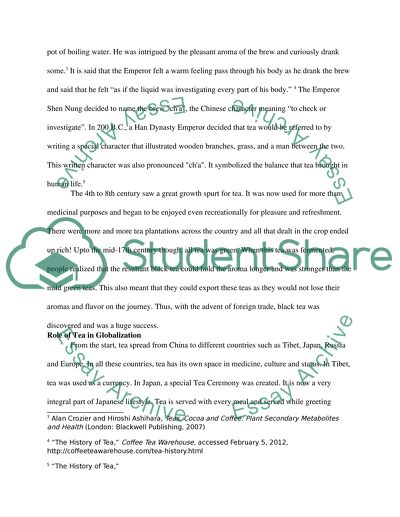Cite this document
(“The Importance of Tea and Coffee in the Emergence of a Globalized Essay”, n.d.)
The Importance of Tea and Coffee in the Emergence of a Globalized Essay. Retrieved from https://studentshare.org/history/1442249-discuss-the-importance-of-these-two-commodities
The Importance of Tea and Coffee in the Emergence of a Globalized Essay. Retrieved from https://studentshare.org/history/1442249-discuss-the-importance-of-these-two-commodities
(The Importance of Tea and Coffee in the Emergence of a Globalized Essay)
The Importance of Tea and Coffee in the Emergence of a Globalized Essay. https://studentshare.org/history/1442249-discuss-the-importance-of-these-two-commodities.
The Importance of Tea and Coffee in the Emergence of a Globalized Essay. https://studentshare.org/history/1442249-discuss-the-importance-of-these-two-commodities.
“The Importance of Tea and Coffee in the Emergence of a Globalized Essay”, n.d. https://studentshare.org/history/1442249-discuss-the-importance-of-these-two-commodities.


